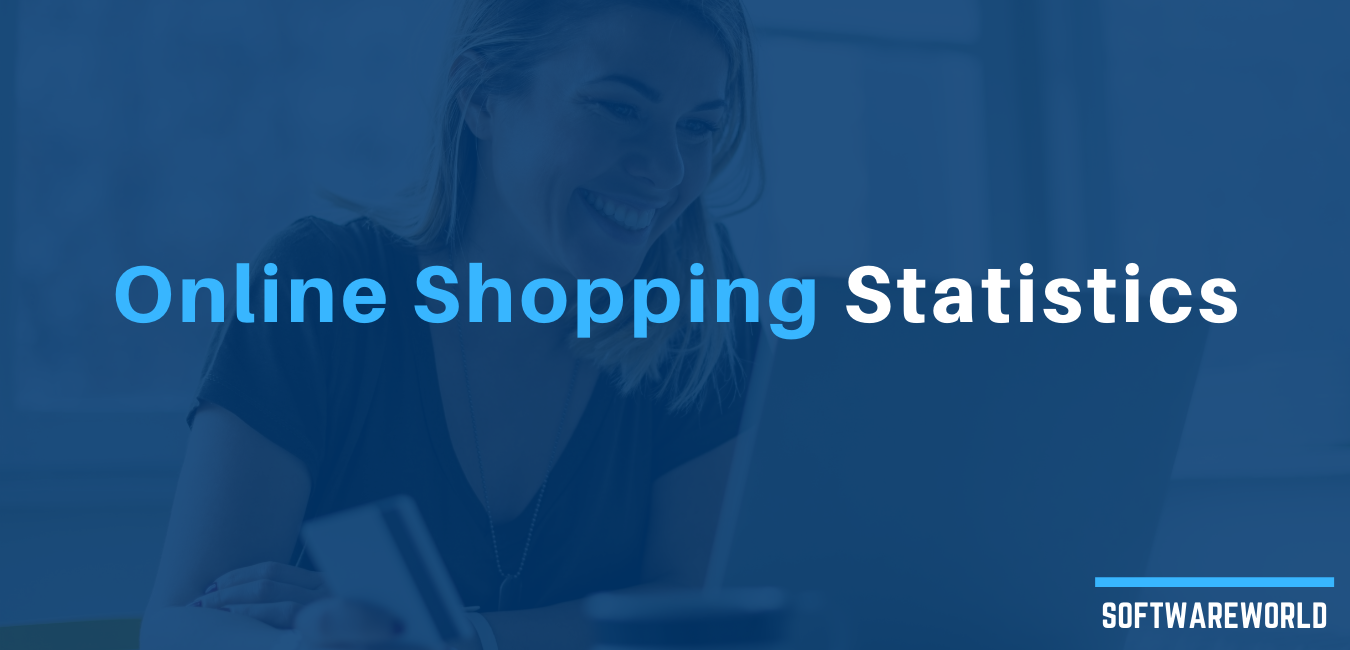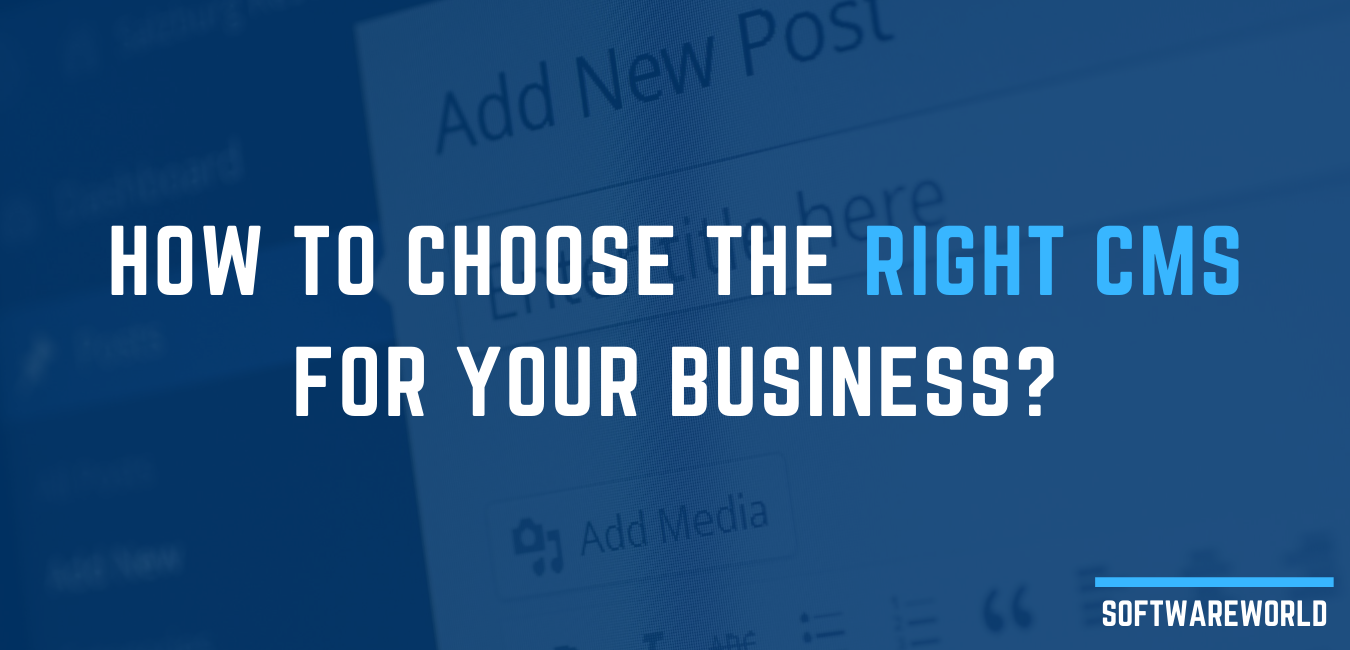Table of Contents
Businesses are rethinking their strategies. There is a forward shift in the way to attract customers and retain them. Relationships are running deeper, and the way to build a solid one is based on relevance and time. Business owners realize the importance of informed decisions and meaningful relationships for profitable outcomes. Data is core to the business and can help deliver insights that help translate into long-lasting customers.
Customer Relationship Management is key to growing and scaling your business profitably. There are several CRM tools you can use to build your marketing/sales cycles and make them personalized. There are several ways in which these tools can help enhance collaboration and streamline processes.
However, choosing the perfect CRM is pivotal. Considering all the features you need to achieve your goals is a good idea. We have curated a list of must-haves and team-specific features for your CRM.
» Must have CRM Features
These are core CRM features that you must include in your system. It can enhance the usability and accessibility of the system and ensure profits.
#1 Lead Management
Your leads play a pivotal role in ensuring business growth. It is important to know the qualified leads versus the ones that cannot be converted. Lead management can automate the process, giving the sales and marketing teams enough time to convert the leads productively. This feature can analyze, conduct a quality analysis, track, and finally nurture each lead to ensure they are aligned with your goals. The feature works from the point where you capture every lead. This could be through forms, queries, and other methods.
It will monitor all activities processed with the leads and help the teams personalize the conversion process. With this tool, you will know how to convert each lead into a customer.
#2 Contact Management
This feature can help businesses manage their contacts efficiently. You can create new contacts, store them in a segregated fashion, track each contact's details, and segment them into prospects, customers, and leads. The feature ensures you can add each detail important for monitoring the contact into the system.
The need for contact management grew when people had to manage the contacts manually. Adding details to each contact and finding the details on a spreadsheet can be difficult. The CRM system will ensure that all the lead or customer data is centralized and can be accessed by multiple departments easily. When you automate communication and management, you can focus on other core business-related tasks. It helps you meet potential leads, showcase your product, and improve conversions.
Simple tasks like scheduling a meeting or knowing which lead to approach have become easier with this feature. Contact management with multiple communication channels such as Email, Live Chat, Phone, and Social Media. You can easily connect and communicate with potential and existing customers without leaving the CRM system. You get detailed logs of the contact with the leads and reports on the progress of this feature.
#3 Pipeline Management
The sales process is not just one phase of your customer lifecycle. The sales and marketing teams work throughout the customer's purchase lifecycle. That's why you should have the pipeline management feature. It can improve your ability to determine opportunities and convert them faster. Pipeline management gives you complete visibility into the sales processes. You can get graphs and other visual formats to build the ideal customer map. The data will help you realize which customers will likely convert and which can steer away from the business.
You can easily create multiple pipelines with this single feature. These tools can help you monitor the progress, forecast your upcoming sales, and even improve the representative's ability to convert the sales.
#4 Sales Forecasting
The sales team needs to know when a prospect is likely to convert. This can occur when you include this feature in your CRM. After getting complete visibility into all your leads, you will know when a particular lead is likely to become your customer. This forecasting ability will help you realize the exact revenue your team will generate in the coming month. It will improve the decision-making of your team.
When you can predict the conversions, you can implement a proper strategy. Forecasting can also help you work around the strategies to ensure you achieve your goals.
#5 Workflow Automation
Whether you are helping the marketing or sales team, you must ensure that all the steps from capturing to conversion are well-defined. Start with the lead capture methods- query forms, email subscription forms, and others. Build a logical sequence on how the leads will move through the funnel. You might invest a lot of time if you tend to perform these actions manually. However, you can easily introduce these conditions with the workflow automation feature. You can create a different trigger and event-based automation that can help you nurture the lead and move them towards conversions.
There are several layers of automation, including deal management and email automation. You need to make sure that there are workflows defined for these processes. You must choose the apt platform to ensure this feature is accessible and usable.
#6 Email Marketing
Email marketing plays a pivotal role when you want to nurture your leads. You must ensure you send professional, well-designed emails that capture the user's attention. However, creating Emails for individual groups and sending them manually can be tedious and time-consuming. You might need a separate team to manage the Email design and send. With the email marketing feature in your CRM, you can automate the Email design and sending activities.
This feature will personalize the Email marketing across segments for better engagement and increased open/click rates. You must adopt the right metrics and strategies to improve the marketing strategies and attain the goals.
#7 Integrations
Integrations can help you enhance the capabilities of the CRM. You will connect your CRM tool with a third-party software solution to add new functionality and close the gaps. For example, a calendar integration will ensure quick scheduling and better team productivity.
Similarly, Zoom integration will ensure you don't need to step out of the CRM to attend a call with a potential client. You can integrate it to improve your communication, event management, or call scheduling with the integrations feature.
It will help you manage the core activities and ensure the smooth functioning of the team. Choosing the right integrations is important for the CRM system.
#8 Document Management
There are several documents at the core of customer relationship management. You have contracts with existing customers that need to be safeguarded. Inquiries and query forms from across the system must be handled to ensure you know what the leads need.
There are the documents you need to send the customers to get them interested. The CRM system needs to handle a range of documents spanning different lead stages. Document management is a key feature. It will help store, retrieve, and organize the documents. It becomes easier for the team members to access these documents. You can even conduct an internal search to find the documents.
#9 Reporting and Analytics
Every business faces the biggest issue when they can't make sense of the data. They have a lot of data but aren't sure how to use it. CRM system's most crucial feature, reporting and analytics, gives them better data visibility and visualization. The data is converted into meaningful reports using the metrics defined by you earlier.
The CRM system will analyze the data and offer meaningful insights as needed by you. Marketing teams will get an overview of the strategies that worked versus the ones that didn't. Similarly, the sales team will know which rep is performing well. You will know which deals will close in the coming week.
Similarly, the teams would know if a particular lead may not convert. You can even adjust the expectations and strategies for the team in sync with the insights you have received.
#10 Mobile CRM
Accessibility is key if your ground staff or sales team works on the go. They need to access the essential documents, have contracts ready, and gather important information on the go. A mobile CRM has all the important features, including contact and document management. You can sync the mobile CRM with your CRM system, upload the contact details, access the latest data, and manage your communication.
The best part of this feature is the offline accessibility, which guarantees great freedom to the sales team, Apart from these top ten features, there are a few team or process-specific features that you can consider including in your CRM system.
» Advanced or Specific CRM Features
There are certain features that only the sales team needs. At the same time, you will notice that several advanced technologies can help bolster the ability of the CRM system. Considering these factors, we have identified 7 specific features you can include in your software.
#1 Lead Scoring
Sales professionals can enjoy this feature. It helps them realize if a particular lead might convert. The lead scoring uses an algorithm defined using several factors. This will automatically offer a score to the lead. The sales team can pursue a particular opportunity depending on the score and benchmarks. For instance, you will know if someone needs more nurturing at this point or not. You can decide if the particular lead is qualified for the sales team. This method can move the leads up the pipeline and improve your sales abilities.
#2 AI
The inclusion of Artificial Intelligence in your CRM system is equally important. This technology is crucial for prediction, recommendations, automation, and more. While your reporting and analytics feature will help you access the data and insights, it cannot help you with the decisions. That's where the AI technology steps in. It will read through the insights and help with the recommendations. The technology can even read through the insights to help you realize the sales forecast accurately. With this feature, you can effectively plan your sales strategies, enhance your marketing opportunities, and drive your support team.
#3 Live Chat
When you are using operations-specific CRM, this can improve your efficiency. You can capture your visitors and add them to the lead pile with the live chat. It can help the marketing or sales team not miss on potential customers. Service teams can manage their resource efficiency with live chats. The chats will automatically occur while the CRM assigns the service executive to the chat. This can improve process efficiency and ensure complete customer satisfaction.
#4 Marketing Automation
Marketing is a crucial part of your business. It can help convert customers, improve qualified leads, and nurture them for improved selling. However, the teams suffer most from the repetitive tasks that take up much of their time. By including the marketing automation feature, you can save time and make people efficient. From designing workflows to scheduling social media posts, the automation software will take control of several aspects.
You can schedule mass Email marketing with this feature. It can also help with personalization efforts, thus freeing the marketing team to focus on delivering the best content and material to their customers.
#5 Call Centre Automation
The call center is where you get a host of data from. It will give the service representatives a holistic view of the service-related issues. Similarly, the sales team would know the type of inquiries the lead makes. It will help them build customer journeys and accurately translate them into sales strategies. The call center automation will help you realize your customer's interest in the services. You might want to integrate and automate this data mine with your CRM system.
#6 Support Automation
Automating your support teams can enhance efficiency and improve experiences. You don’t need to ensure your team is always available. You need to ensure that their problem is solved in real-time. Adding knowledge base content, and implementing chatbots, and other automation tools can help resolve the issues immediately. The user will connect with the support team only when the content is unable to solve their issues. Eventually, your support team would be able to focus on core tasks that rank high on priority.
#7 Customizations
The “one-size-fits-all” theory may not apply to your CRM. If you choose to go with an off-the-shelf solution, you might find a few features missing. Those may be important for your business. Choose a CRM that allows you to customize and include functionality crucial for business growth. CRMs need to be functional, flexible, and scalable. Adding or deleting features should be easier with your choice.
» Top Tips to Choose Your CRM Solution
You will find the market flooded with CRM solutions. Choosing one that fits your needs is crucial. We have determined a few tips that should help.
#1 List your Requirements
Why do you need a CRM for your business? This is the best place to start your search for a good CRM system. You can assign your goals, vision, or issues to invest in the CRM. For instance, if you are facing a resource crunch and could use some automation is a good reason to invest in CRM. It would also direct you toward the features that are important to you. To address resource inefficiency, you need process or operation-specific automation. This would then help you choose the CRM type and functionality.
#2 The CRM Type
Depending on the CRM's purpose, you can define the type of CRM you want. It could be a collaborative CRM, as your departments work in silos. Depending on the goals you have set during requirements, you could also benefit from an operational or analytical CRM. The vision, goals, and even the CRM's purpose will help you choose the apt CRM type.
#3 Vendor Shortlisting
Once you have the CRM type, you must start looking for vendors selling that particular CRM. You might have a lot of vendors in this group. Vetting them is an important part of your selection process. Go through their details, abilities, ratings, and support reviews in detail. Check what they offer, the core features, and the advanced functionality to review your choices. Make sure you read through all the content before making the decision.
#4 Plan that fits
The last step is to check the plan and pricing for the CRM you plan to purchase. Study the plans on their website, compare the features, and finalize the one that best fits your needs.
» Conclusion
Customer relationship management system is an important part of modern organizations. It can help enhance customer relationships, ensure smooth processes, and improve lead-to-customer conversion time. You can automate several processes, get a bird's eye view into your systems and operate efficiently. Choosing the features that make more sense to your system is important. You might want to work with the heads of each department to choose the apt features and include them in the CRM.



